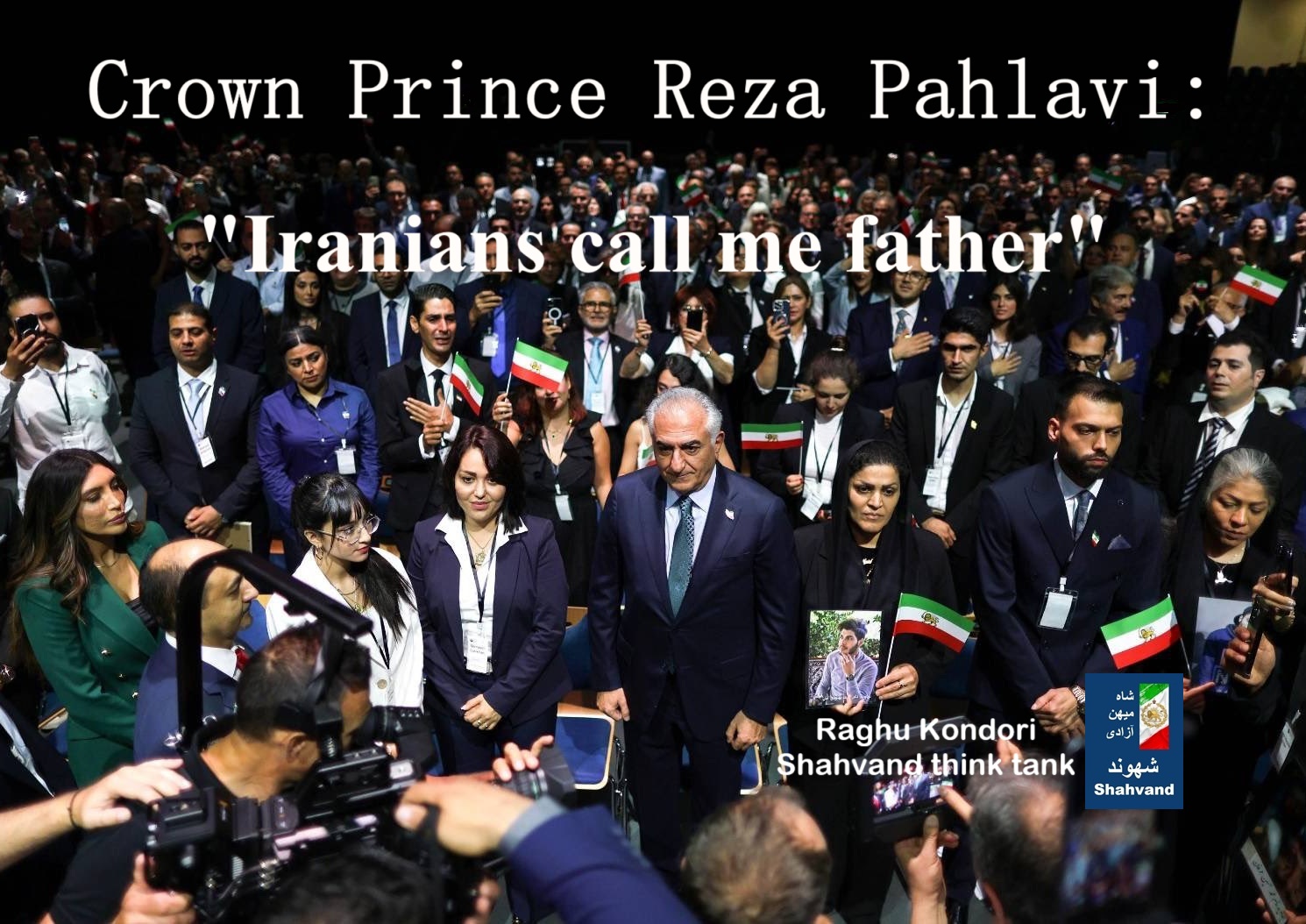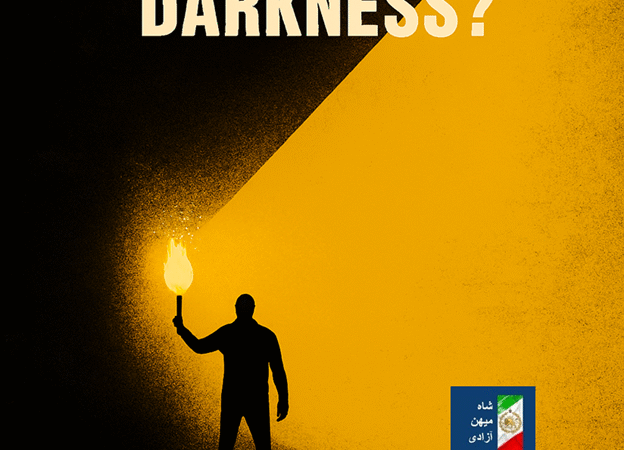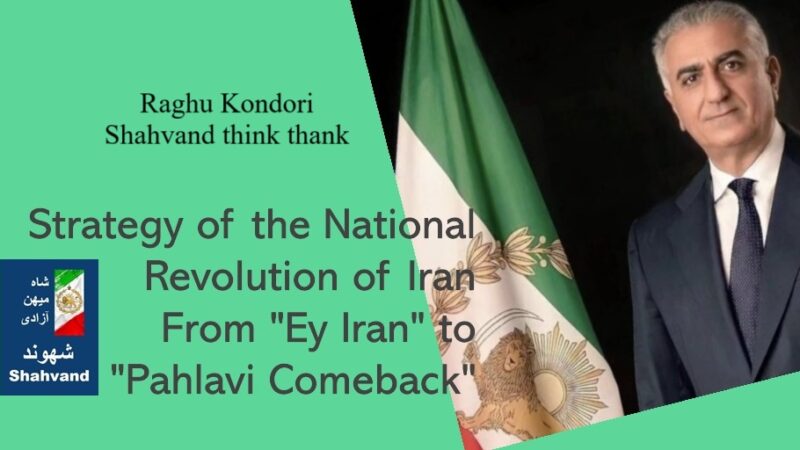Father of Iran

Crown Prince Reza Pahlavi:
“Iranians call me father”
The Role of the Fatherly Voice in Iran’s Political, Social, Historical, and Psychological Landscape.
Throughout Iran’s tumultuous history, the concept of the “father” has held symbolic weight—not only within the family, but in the collective subconscious of the nation. When Crown Prince Reza Pahlavi states, “Iranians call me father,” it is not a gesture of authority or personal grandeur. Rather, it draws on deep psychological and cultural roots, placing him in a moral position of leadership—one capable of healing wounds and fostering unity.
In the family, a father represents balance, impartial judgment, and unconditional care. In times of crisis, he takes no sides and excludes no one; instead, through wisdom and compassion, he teaches coexistence, mutual respect, and understanding. This same model of fatherhood can be applied on a national level—particularly in today’s Iran, where the country is torn by political fragmentation, social fatigue, and a profound crisis of trust.
A leader who acts as a father transcends ideology and partisanship. His legitimacy does not come from electoral victories, but from empathy, deep understanding of his people, and the ability to bring together diverse currents and beliefs. He does not impose a vision, but rather builds bridges across divides—guiding a weary nation through dark passages toward the light of reconciliation.
History offers examples of such leadership: Gandhi, who united India through ethics and nonviolence; Mandela, who rescued South Africa from the brink through forgiveness and moral clarity; Roosevelt, who led with a sense of fatherly responsibility during the Great Depression; Atatürk, who shaped a modern nation from imperial collapse; and Martin Luther King Jr., who moved millions through a shared dream and moral conviction.
In the Iranian psyche, “father” is not merely a familial role—it embodies conscience, psychological security, and refuge in times of turmoil. After decades of repression, humiliation, and division under the Islamic regime, the Iranian people need a voice that is kind yet firm, above factions yet rooted in tradition, national yet deeply human—a voice that rises not to govern, but to serve.
In this light, Reza Pahlavi is more than a symbol of historical legitimacy; he is a voice for rebuilding trust, identity, and the moral soul of the nation. He seeks to step beyond the narrow confines of politics and embrace a role that is older, deeper, and more essential in Iranian culture:
To be a father is not to lead—it is to transcend leadership.
Raghu Kondori, Shahvand think tank


